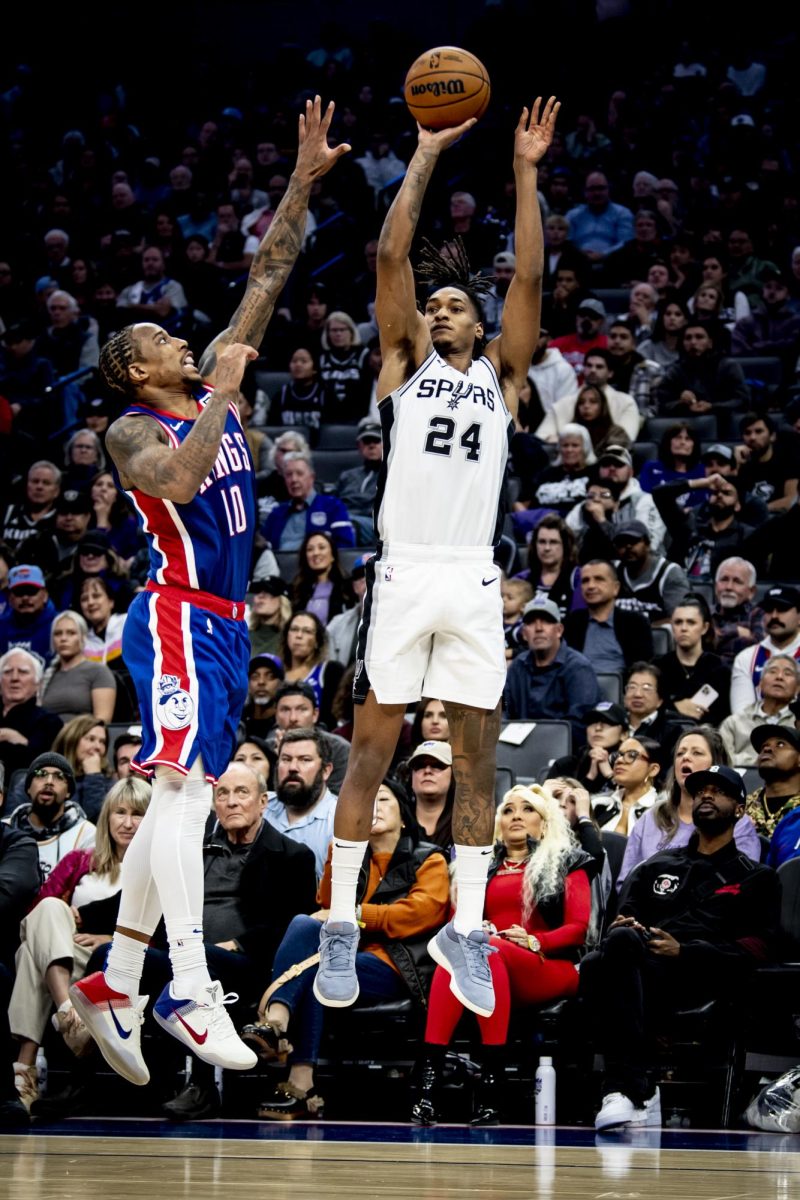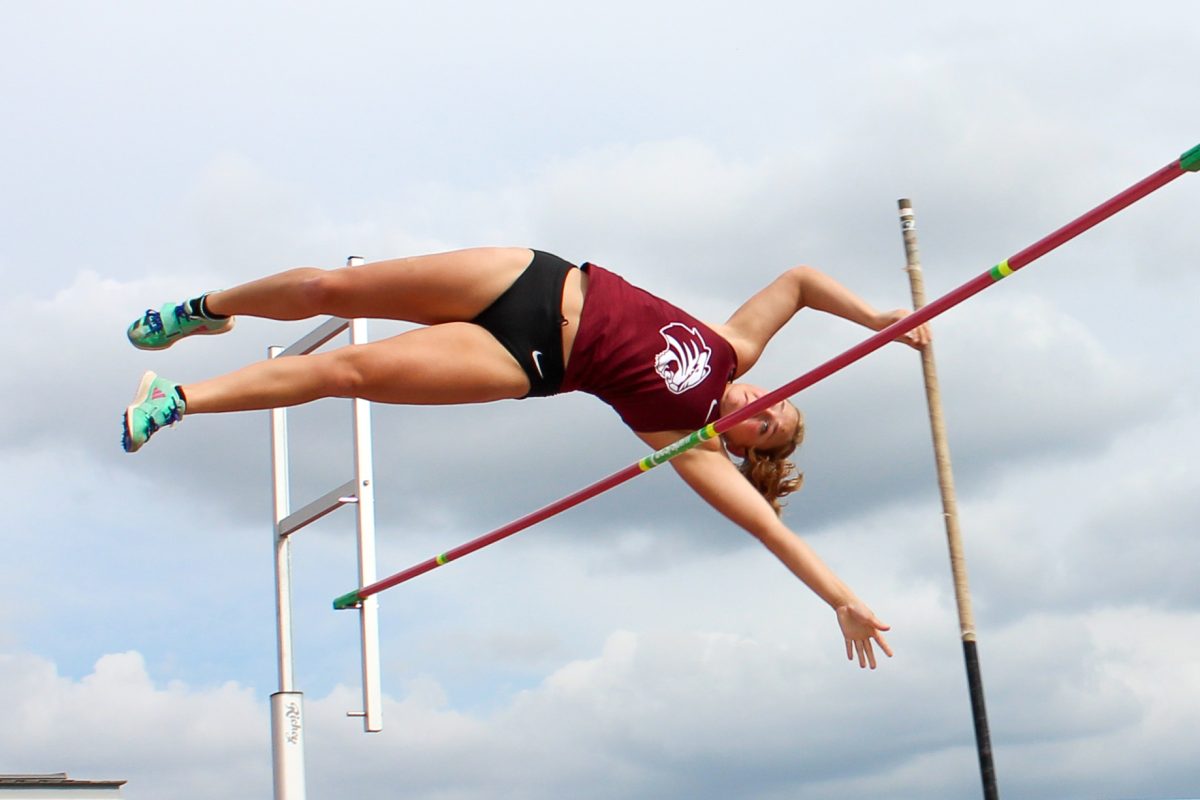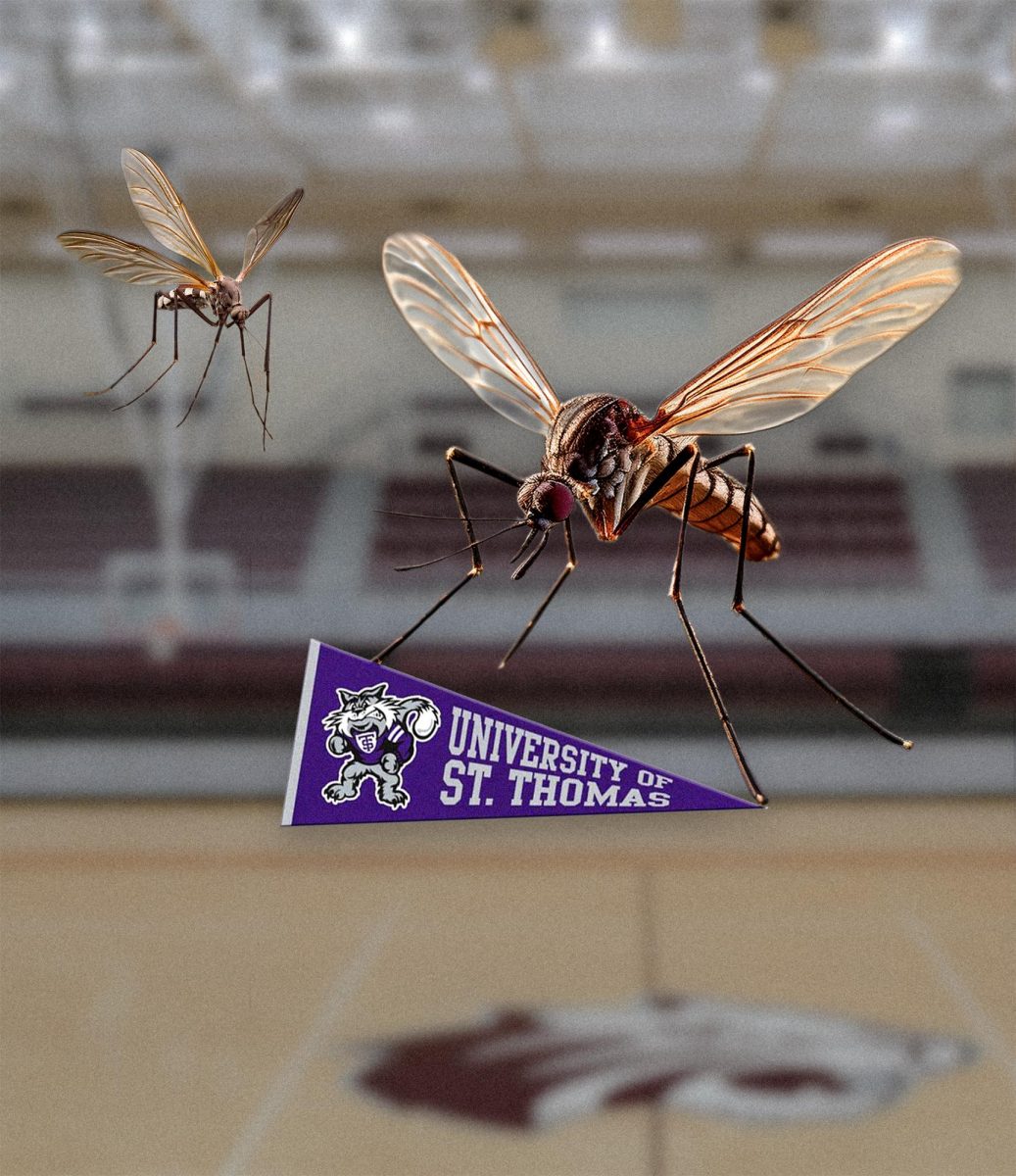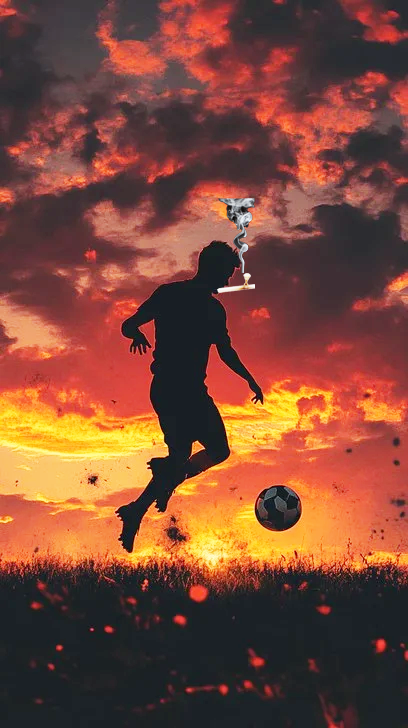The athletics department at Trinity has changed their concussion policy significantly over the years. The most recent edition, written by head athletics trainer Mark Powell, has been developed in order to protect athletes of all sports and ability ranges, placing their health at the utmost priority.
“Prior to rewriting our concussion policy here at Trinity, athletes would be tested and given a few days off practice post concussion.” said Powell. “Since I have made revisions to this policy, we have much more extensive testing and stages that an athlete must progress through before rejoining the team after a head injury.”
The primary tools which the athletics department has used for testing post concussion are the Sport Concussion Assessment Tool (SCAT) as well as the Impact Test. SCAT is a standardized tool which includes cognitive assessments, as well as neck, balance and coordination examinations and combines these to give the concussion a rating on a scale of 1 to 22. An additional resource is the Impact Test, which is the most widely used and scientifically validated computerized concussion evaluation system on the market, and is utilized by most NFL, MLB and NHL teams.
Statistically speaking, an estimated four to five million concussions occur annually,. Trinity Football’s defensive coordinator Jim Dawson has been coaching for 41 years, he has seen many concussions and various policies regarding head trauma.
“In football we are constantly upgrading the equipment kids wear as far as helmets, and they have come a long way since my day, but still the nature of the sport is that it involves heavy contact, so we still certainly have many powerful collisions that get players out of the game,” said Dawson.
Yet, athletes who experience concussions are likely to have effects that even the training department can not prevent.
First year student Rebecca Pragger experienced a concussion prior to coming to Trinity while playing in a high school volleyball game. Her injury was so traumatic that she chose not to continue on with the sport in college.
“I was going up for a hit in a volleyball game and completely fell on my head, on hard wood floors. I was worried because I had heard the danger of people who experience concussions, suffer internal bleeding, and eventually pass away, like Natasha Richardson, who hit her head in a ski incident and died 24 hours later. I got the necessary treatment after my fall but have since been far more careful with the potentially dangerous situations I put my noggin in,” said Pragger.
While concussions are certainly not an injury to take lightly, the Trinity athletics department is doing all of the right things and taking the appropriate precautions to protect the Trinity student body, not just the athletes.






